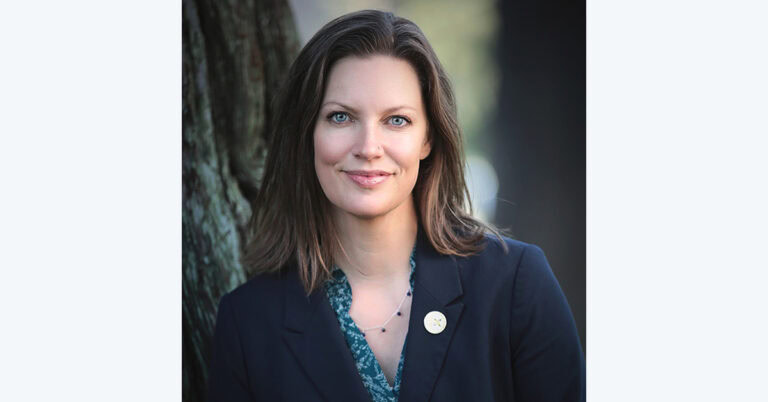Deputy Director
National Research Council Takes Another Look at Master’s Degree
May 8, 2007 | CCST Newsroom | Contact: M. Daniel DeCillis
The NRC’s Board on Higher Education and Workforce has begun a 12-month project to develop a guide for enhancing professional education at the master’s degree level in the natural sciences in response to the needs of employers in industry and, to the extent possible, in government, and non-profits. The committee, chaired by former National Science Foundation Director Rita Colwell, is charged with analyzing the roles master’s level professionals play in the workforce today and the ways in which the degree has evolved over time.
“The role of this degree has shifted over the past century,” said Colwell. “Our goal is to discuss what can be learned from efforts already underway to re-shape master’s education in the sciences and what programs can learn from the way graduate-level professional programs in fields such as business, public policy, and public health developed to meet employer needs.””The committee’s goal is to collect and understand all of the available data on both demand for and supply of master’s degree holders in the natural sciences,” said Peter Henderson, NRC study director. “The CCST study is one of the few comprehensive examinations of demand at the master’s level.”The committee invited CCST to present its 2005 report, An Industry Perspective of the Professional Science Master’s Degree in California, at its first meeting in Washington D.C. on March 28 and 29.
“Our study found definite interest among many companies in the idea of expanding the skill set of master’s degree recipients,” said CCST Senior Research Associate M. Daniel DeCillis, who was the project manager for the report and addressed the NRC committee on the 28th. “One of the key themes that emerged from our industry participants was a strong desire for more effective and consistent communication with higher education institutions.”
An Industry Perspective was prepared at the request of CSU Chancellor Charles Reed, who asked that CCST assist a coalition of 15 California State University (CSU) campuses seeking to establish and/or enhance Professional Science Master’s (PSM) programs with the assistance of the Alfred P. Sloan Foundation, by conducting a qualitative study on industry’s level of interest. The PSM is a two-year master’s level degree that is designed to prepare professionals for work outside academia, combining theoretical knowledge with practical applications and business acumen. The report gathered detailed perspectives from 36 high-tech corporate executives, including 11 CEOs.
The PSM is one of the most developed alternative models for master’s degrees in natural sciences; in fact, since the publication of the CCST report, the CSU has expanded its PSM programs systemwide. However, other models were also presented, including the Master of Bioscience Degree offered by the Keck Graduate Institute of Applied Life Sciences. Unlike the PSM model, which generally makes use of existing coursework from multiple departments, the KGI curriculum was built from scratch.
“PhD training is inappropriate for many positions in bioscience companies,” said KGI Founding President Henry Riggs, a member of the NRC committee and a former CCST Council member. “We set out to work as closely as possible with an external advisory council with people from companies such as Amgen to devise a curriculum that helped meet their needs. As a result, they end up hiring a sizable percentage of our graduates.”
Models such as the PSM and Master’s of Bioscience degrees are in the minority, however; over the past 40 years, there has been a significant drop in the number of master’s degree recipients awarded as final degrees in the natural sciences.
“Our goal is to find recommendations for enhancing master’s level professional education for all the stakeholders – students, faculty, department chairs, university administrators, employers, federal agencies and policymaking bodies,” said Colwell.




